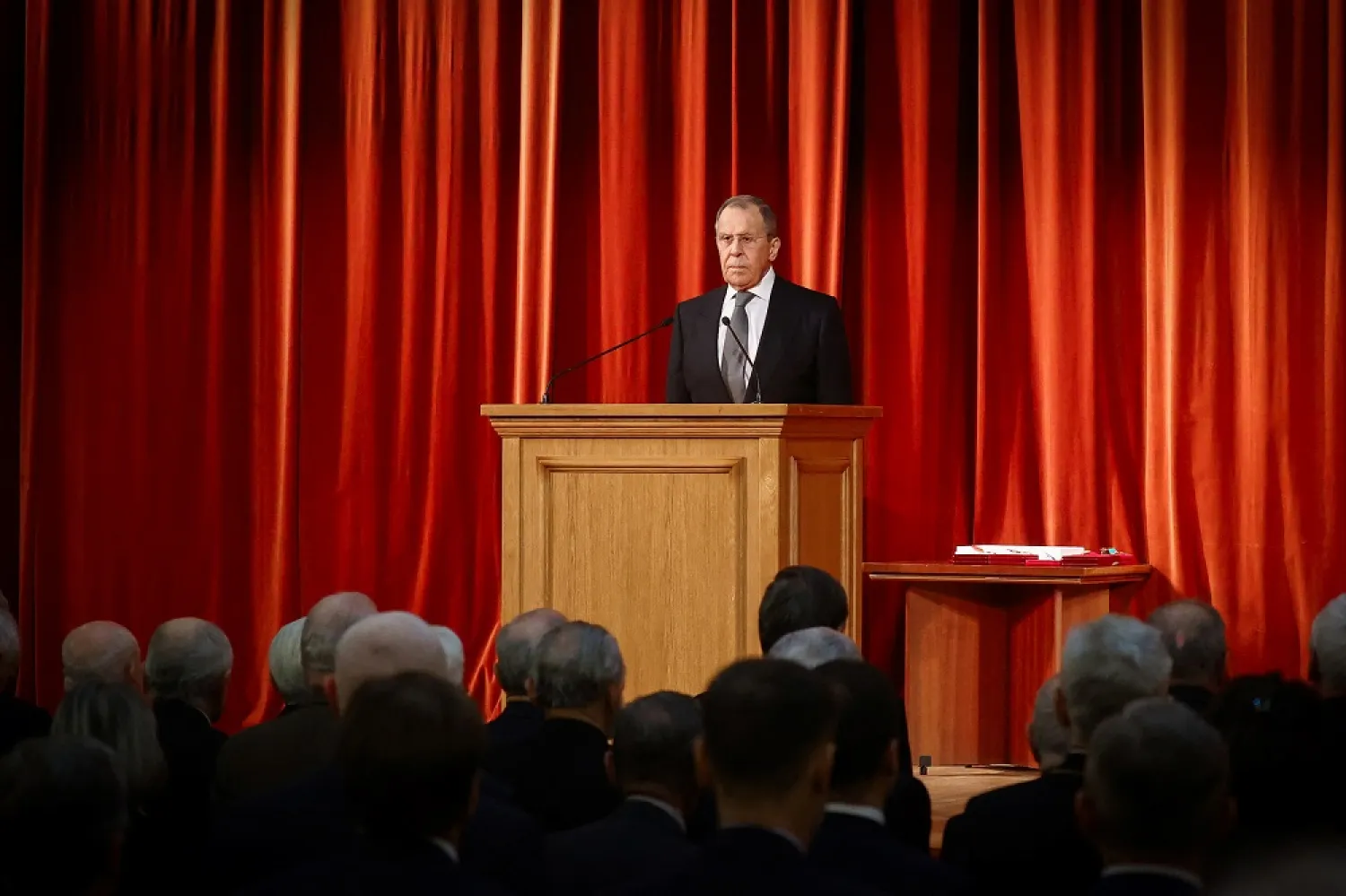Russian Foreign Minister Sergei Lavrov said on Friday the West's efforts to "isolate" his country had completely failed and Moscow was building stronger relations with countries in Africa, the Middle East, the Asia-Pacific and elsewhere.
"Today we can affirm that the West's plans to isolate Russia by surrounding us with a sanitary cordon have been a fiasco," Lavrov told Russian diplomats at an event at his ministry after returning from a nearly week-long tour of Africa.
"Despite the anti-Russian orgy orchestrated by Washington, London and Brussels, we are strengthening good neighborly relations in the widest sense of this concept with the international majority," he said.
The veteran foreign minister's latest trip took him to Mali, Mauritania and Sudan as well as Iraq. He also recently visited South Africa, Eswatini, Angola and Eritrea.
Russia's relations with Western nations, already souring for many years, hit new post-Cold War lows after it invaded Ukraine nearly a year ago in what it called a "special military operation" it said was necessary to bolster its own security.
Kyiv's Western allies cast that move as an imperial-style land grab and slapped sweeping economic sanctions on Russia, prompting it to seek closer ties with China, India, Arab and African nations and others that have refrained from joining the sanctions while calling for peace talks between Moscow and Kyiv.
Moscow says NATO has effectively become a combatant in Ukraine by agreeing to provide large amounts of military aid including battle tanks to Kyiv, and it accuses the United States of also threatening global stability elsewhere around the world.
On Friday foreign ministry spokeswoman Maria Zakharova said Russia would closely follow any move by the United States to deploy hypersonic weapons in Japan, saying this would "mean for us a qualitative change in the regional security situation".
She appeared to be responding to a report in Japan's Sankei newspaper suggesting that Washington might deploy long-range hypersonic weapons and Tomahawks to Japan, amid increased tensions with China.









